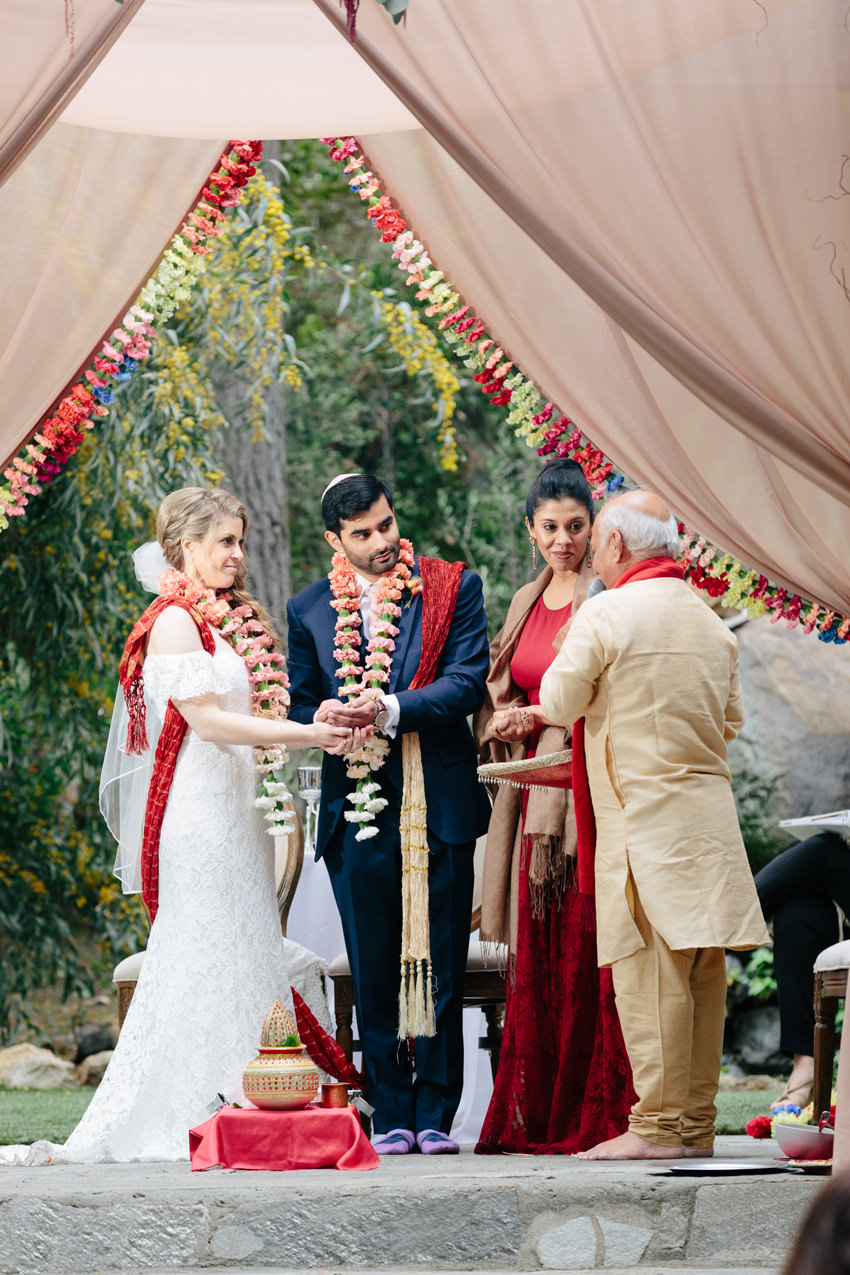Religious Wedding
How to handle a multi-religious wedding?
A Jewish and Indian multi-religious wedding is a celebration that intertwines rich traditions and deep cultural significance, creating a truly unique and memorable union. This fusion of two vibrant heritages not only bridges cultures but also highlights the beauty of diversity and unity.
In such a wedding, each tradition brings its rituals and customs, reflecting centuries of history and spiritual practices. From the Jewish side, ceremonies like the signing of the Ketubah (Jewish marriage contract) symbolize commitment and covenant, while the breaking of the glass at the end of the ceremony signifies both joy and remembrance.
On the Indian side, the wedding is marked by elaborate rituals that vary based on regional customs but often include vibrant attire, intricate henna designs, and ceremonial blessings. The sacred fire (Agni) serves as a witness and conduit for offerings, symbolizing purity and the continuity of life.
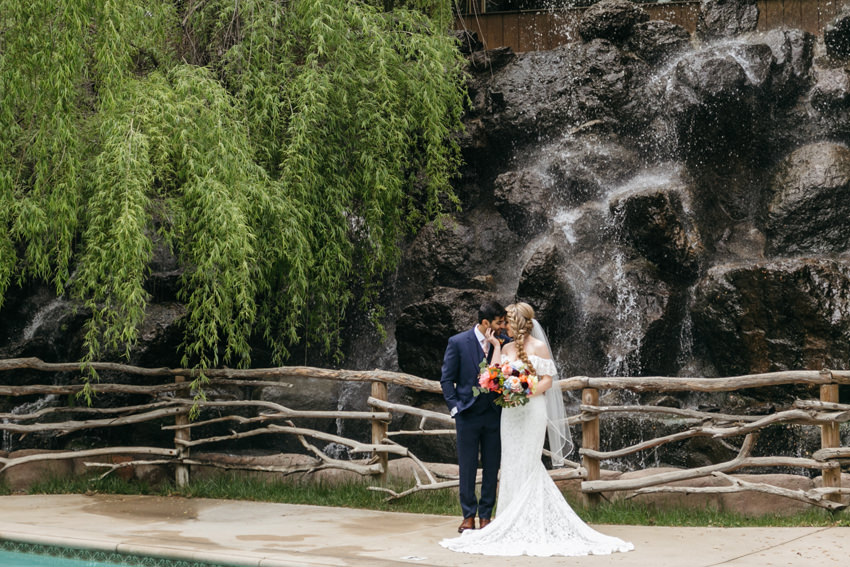
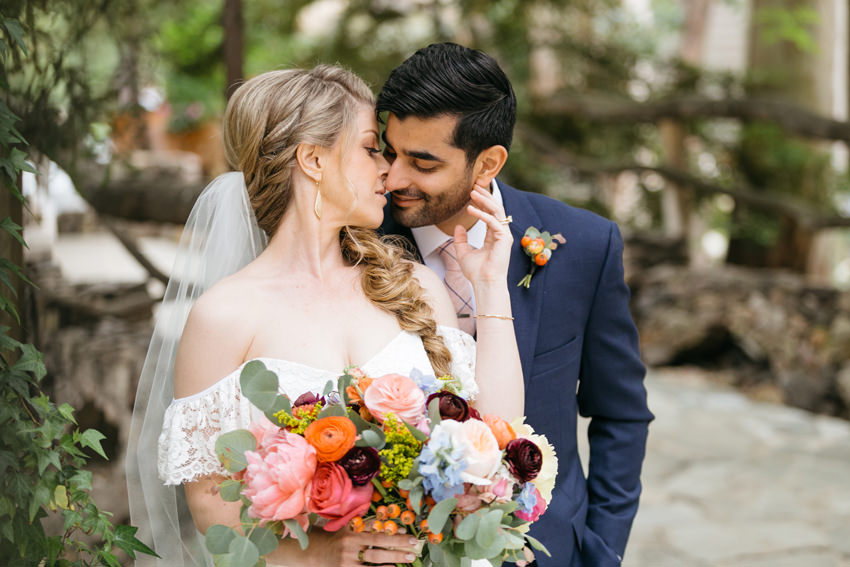
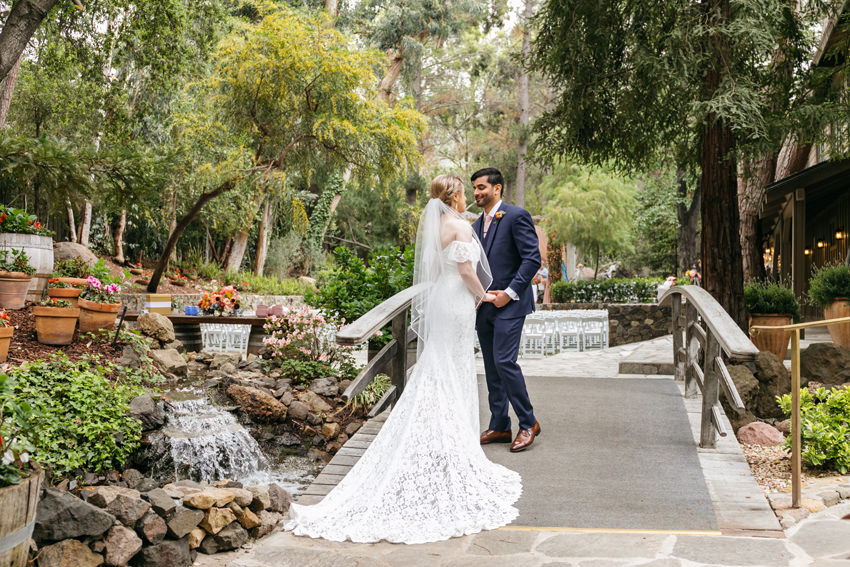
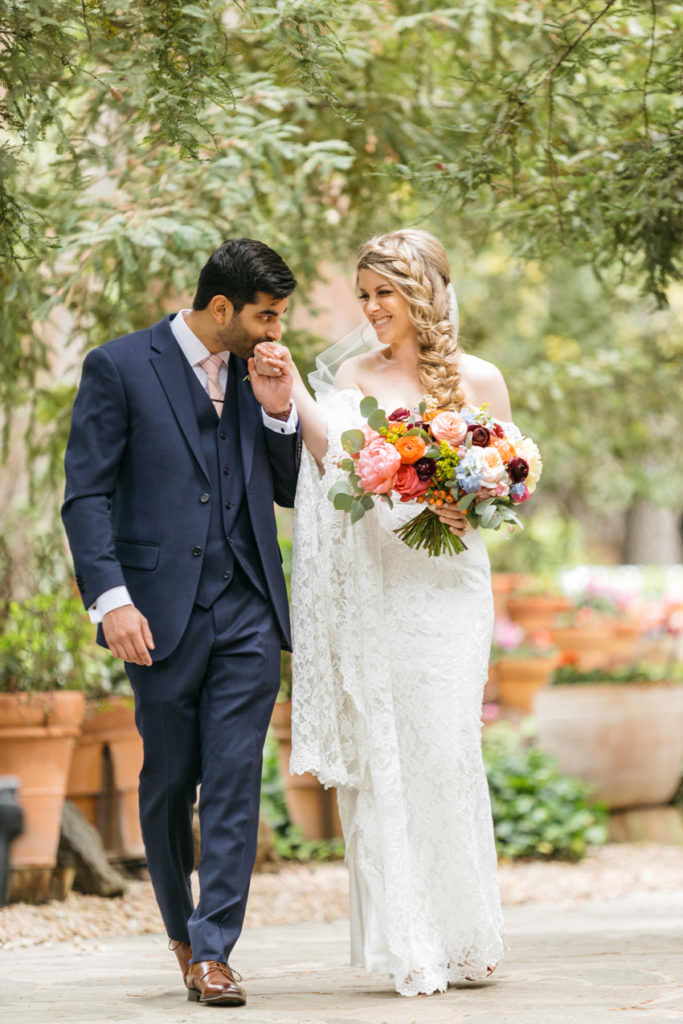
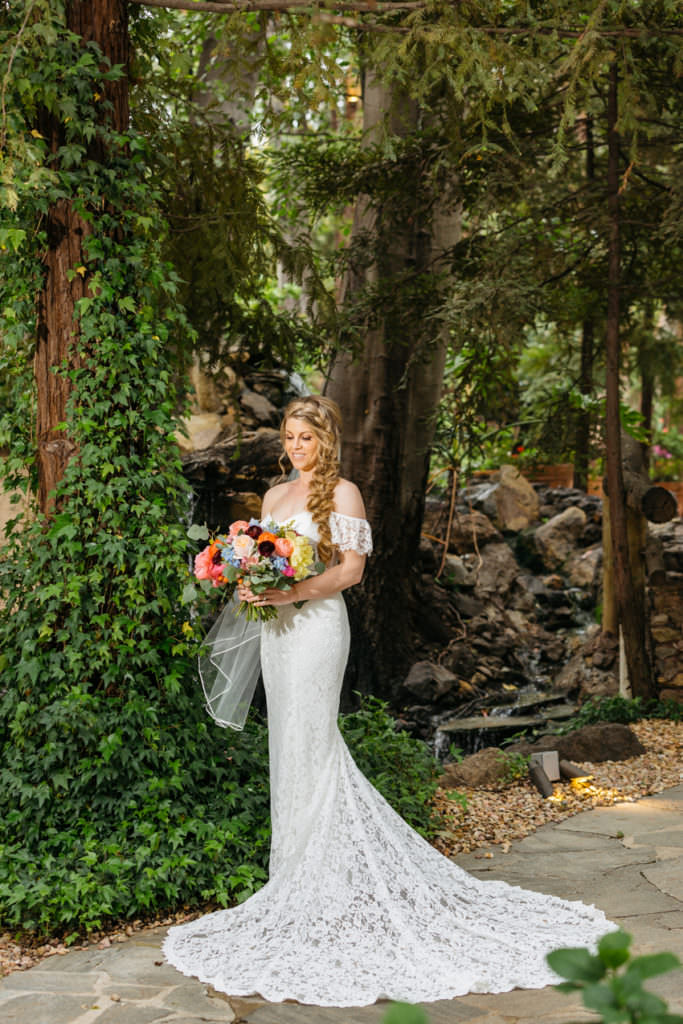
The blending of these traditions creates a rich tapestry of symbolism and meaning throughout the wedding day. It’s not uncommon to see a Chuppah adorned with colorful Indian fabrics, or to witness the exchange of garlands (Jaimala) alongside the sharing of the Kiddush cup (Kos Kiddushin).
Food plays a central role as well, with a fusion of Jewish and Indian cuisines offering guests a delicious array of flavors and textures. From traditional Jewish delicacies like challah and latkes to Indian favorites like samosas and biryani, the culinary experience mirrors the diversity and harmony of the couple’s union.
Beyond the rituals and festivities, a Jewish and Indian multi-religious wedding is a celebration of love that transcends cultural boundaries. It’s a testament to the couple’s commitment to honoring and embracing each other’s heritage, while forging a new path together that respects both traditions.
For the families involved, it’s an opportunity to come together in joyous celebration, uniting not just two individuals but also their communities. The wedding becomes a symbol of hope and harmony, demonstrating how love can build bridges between different cultures and faiths.
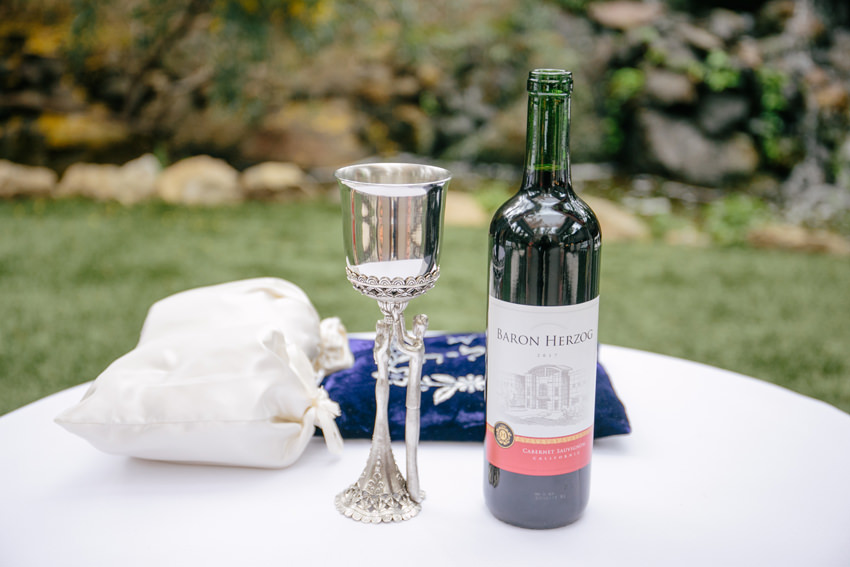
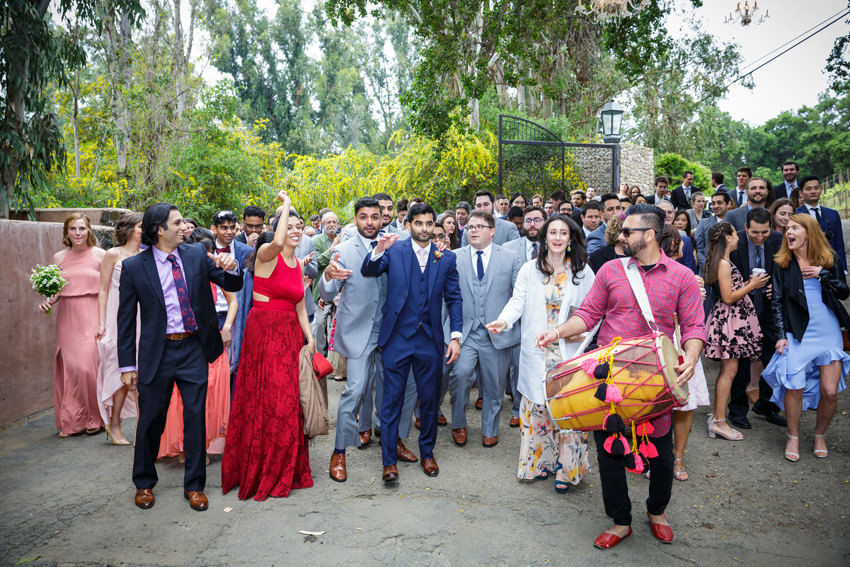
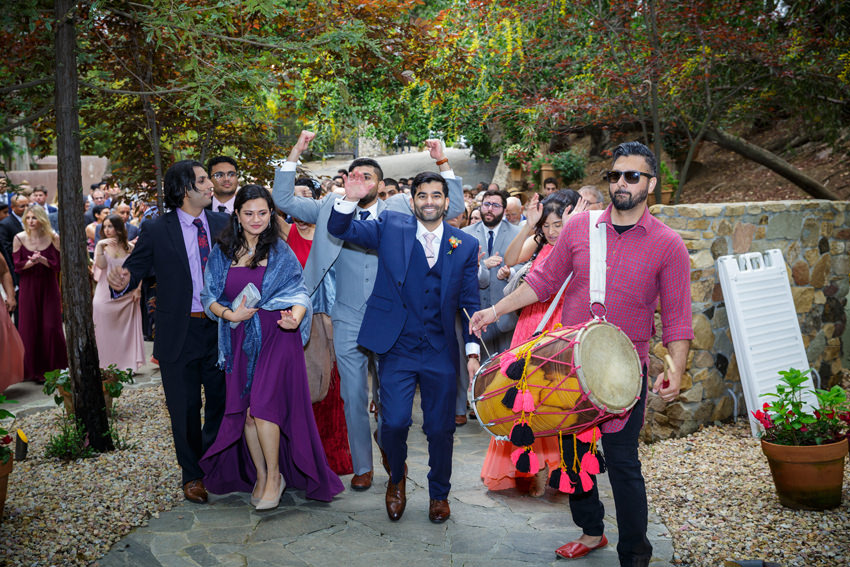
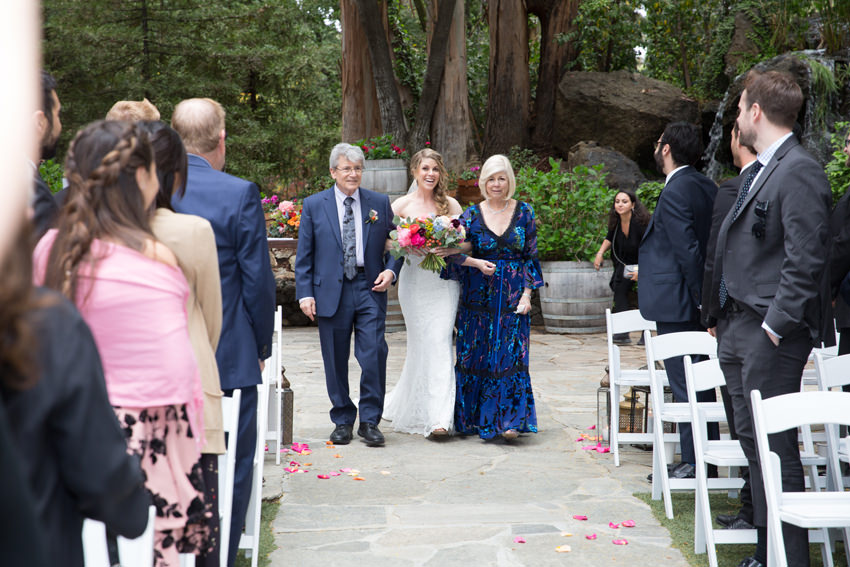
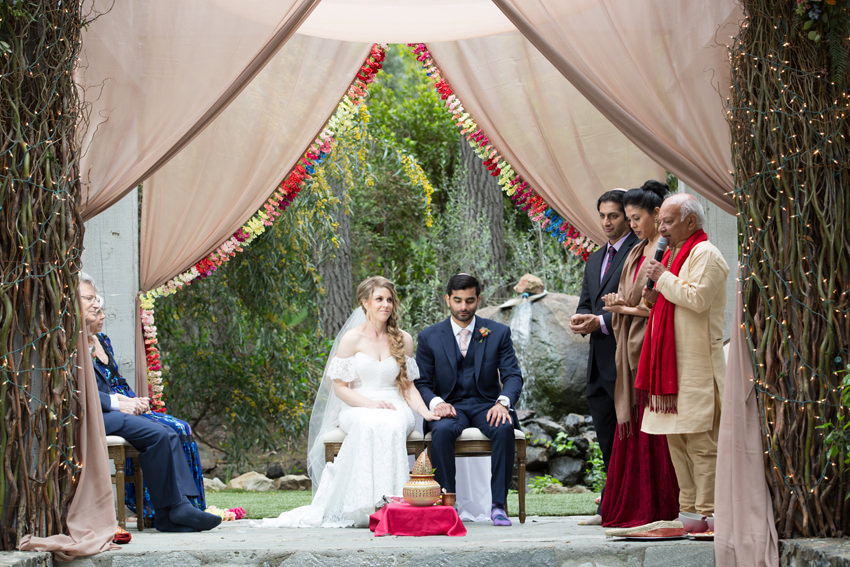
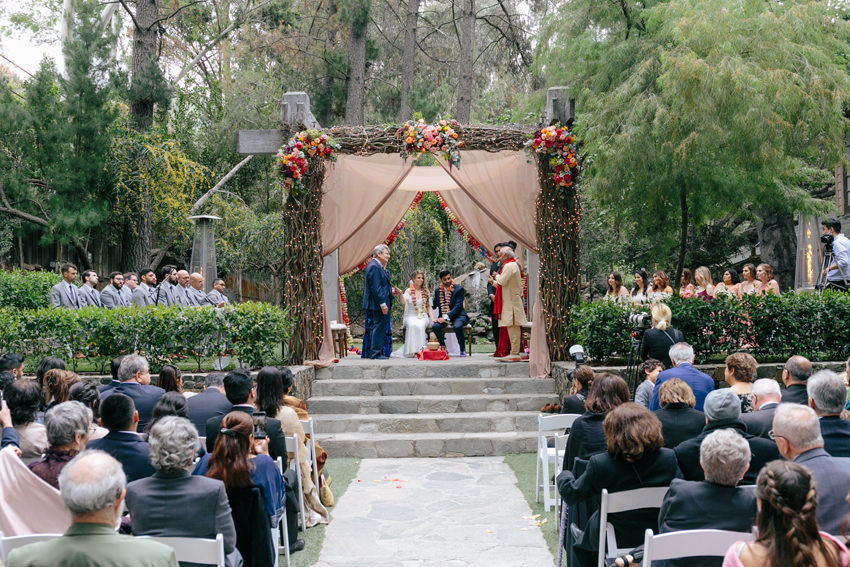
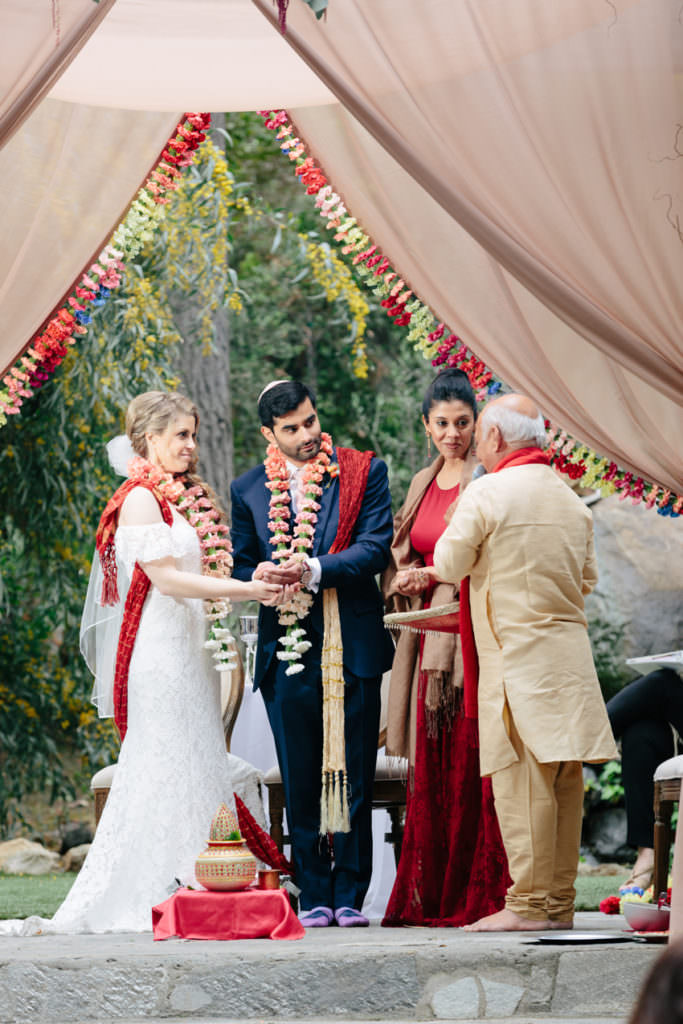
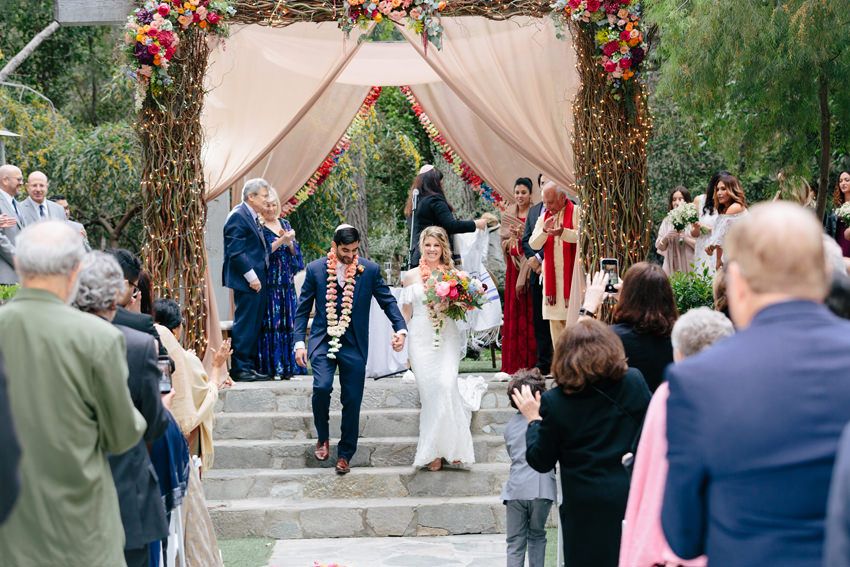
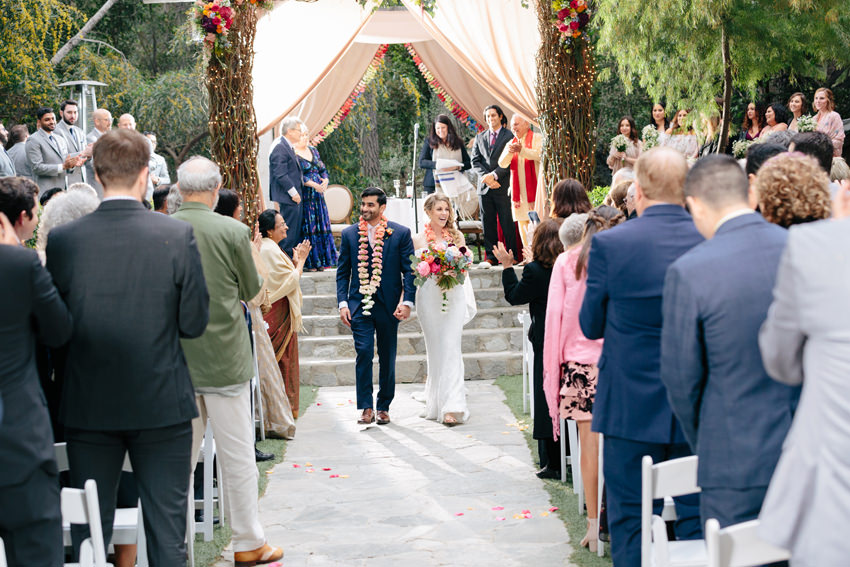
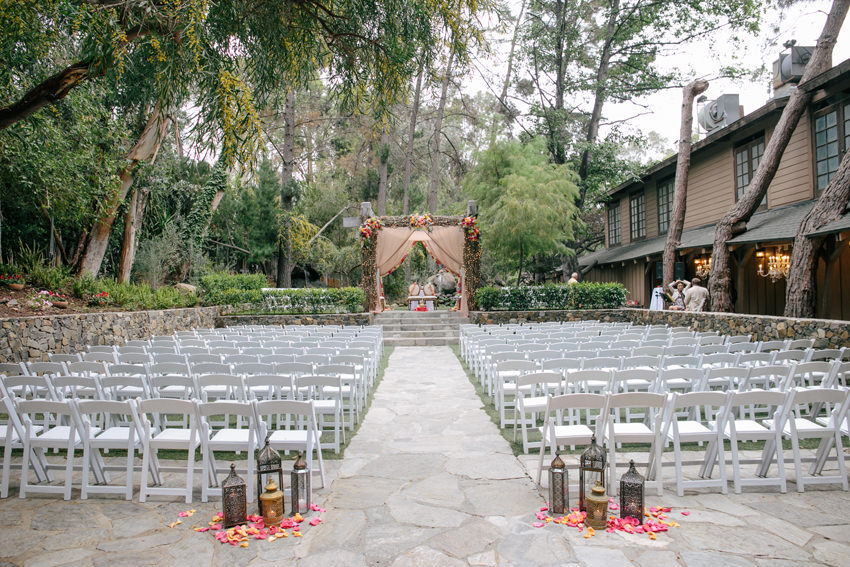
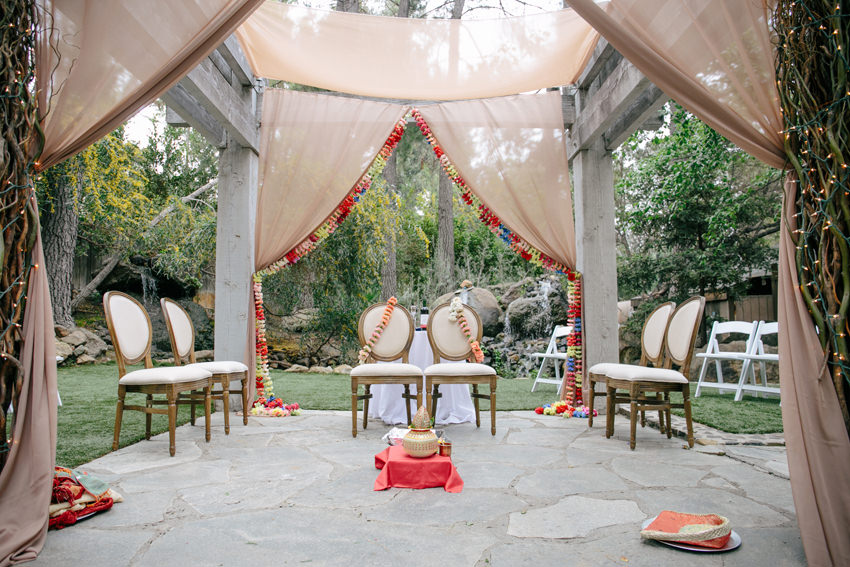
The blending of these traditions creates a rich tapestry of symbolism and meaning throughout the wedding day. It’s not uncommon to see a Chuppah adorned with colorful Indian fabrics or to witness the exchange of garlands (Jaimala) alongside the sharing of the Kiddush cup (Kos Kiddushin).
Food plays a central role as well, with a fusion of Jewish and Indian cuisines offering guests a delicious array of flavors and textures. From traditional Jewish delicacies like challah and latkes to Indian favorites like samosas and biryani, the culinary experience mirrors the diversity and harmony of the couple’s union.
Beyond the rituals and festivities, a Jewish and Indian multi-religious wedding is a celebration of love that transcends cultural boundaries. It’s a testament to the couple’s commitment to honoring and embracing each other’s heritage while forging a new path together that respects both traditions.
For the families involved, it’s an opportunity to come together in joyous celebration, uniting not just two individuals but also their communities. The wedding becomes a symbol of hope and harmony, demonstrating how love can build bridges between different cultures and faiths.
In essence, a Jewish and Indian multi-religious wedding is a vibrant mosaic of rituals, colors, and emotions. It’s a celebration that honors the past while embracing the future, weaving together threads of tradition and modernity to create a tapestry of love that is as unique as the couple themselves.
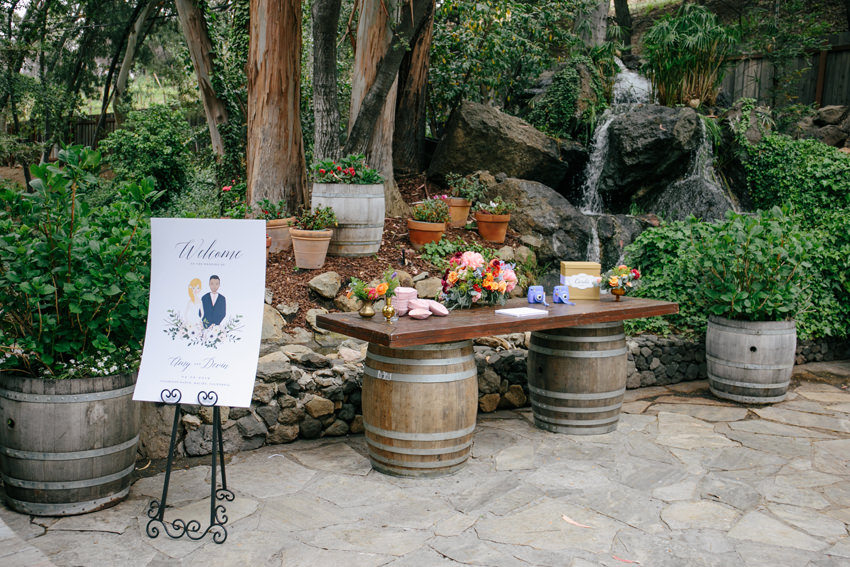
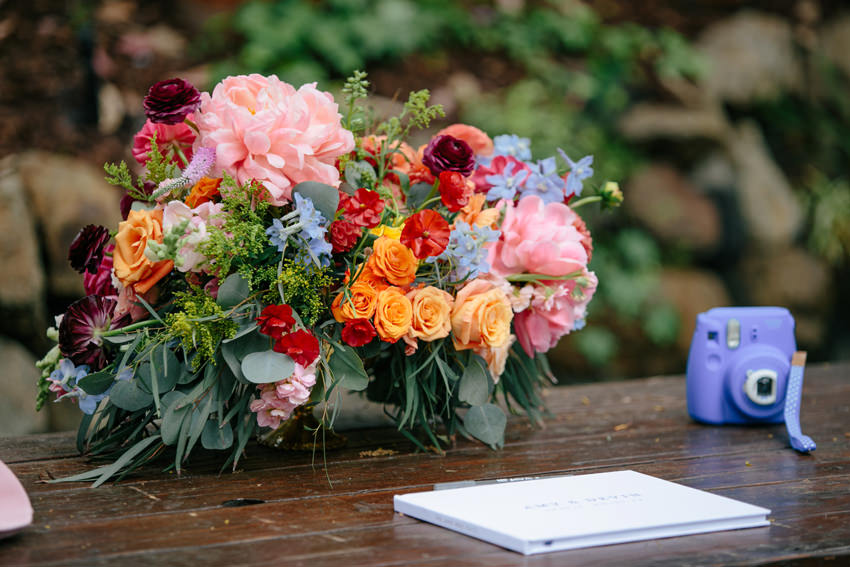
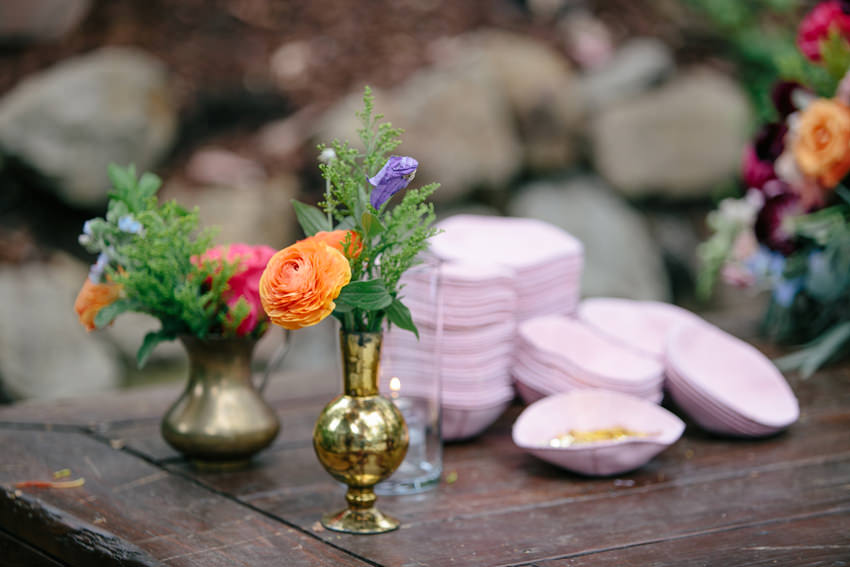
Any questions about multi-religious weddings? Don’t hesitate to ask me a question. I am here to help.
